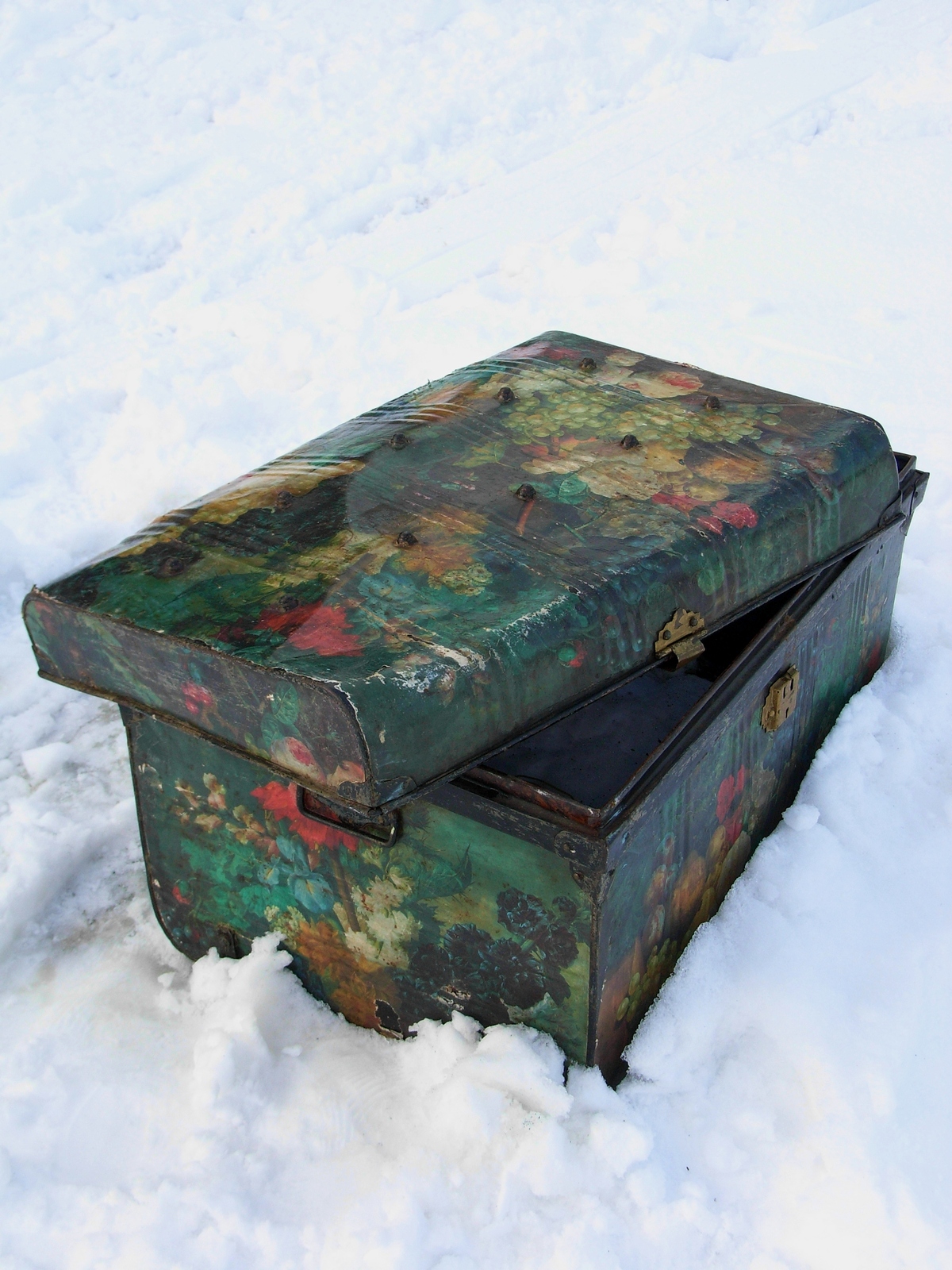Dealing with Forgetfulness – Introducing Christian
Hi, I’m Christian, and I’m prone to forget things.
To deal with my forgetfulness, I have learned to install useful habits and techniques into my life. I believe you have to have a working task management in place which watches your back while you do hard work, like researching and writing. Task management is there to keep real life at bay. You need both to succeed. My journey as a knowledge worker and writer began when I finally got stuff done.
Back in school, I found out I didn’t complete work because I didn’t know what was left to do. I forgot my obligations. That was about a year before graduating from school. I never heard of “task management” before, never stumbled upon the terms “knowledge worker” or “personal development”. I wanted to get rid of the feeling of being out of control, so I began to search the web and read books on the topic. Is hindsight, this was the moment I took the path which would lead me to discover the Zettelkasten method years later.
Your working capacity increases once you stop wasting mental resources on task management. I wanted to learn more, but I couldn’t remember all the things I read, so I started to look for another tool to help me deal with that. The Zettelkasten became my answer to the question How can we preserve personal knowledge?

I believe that thought-out systems stabilize your life. They limit your options so your actions become predictable. It’s good to know that there’s a solid foundation of habits and tools to rely on. A solid foundation provides creative freedom to do what you love to do. That’s why I think everybody needs some kind of task management to cover their back, and that’s why I think everyone should have an efficient system of knowledge management in place. Both systems have to be trusted to work, and thus both systems will need to be highly personalized. With a trusted system to expand our personal knowledge, we can feel more confident that we’re going to finish our work.
Each and every one of us has developed a personal approach to learning and managing tasks. Maybe you don’t think about either of these because you don’t perceive any friction in your work. Reflecting on your processes will help you become more efficient. Or you may not like how you do it, but you are able to do something at least. In this case, getting rid of the friction will make your life better.
Either way, we benefit from thinking about what we do, and how we do it: If knowledge work or writing is part of your identity, changes to these aspects of your life will ultimately result in a transformation of yourself. That’s powerful, and that’s exactly what Sascha and I have experienced.
Maybe you know the following situation: You read an article in a magazine, find something that relates to your interests in life, and the best you come up is to highlight interesting paragraphs, cut out the article, and file the pages in a folder.
I did this with a lot of stuff from psychology mags, with features in “intellectual” newspapers, and with sites on the world-wide web. I got rid of the noise and kept the interesting parts of magazines in their original form, with annotations. I wanted to archive knowledge so I have it at my disposal at all times. That was before anyone had smartphones.
Now I had some kind of archive at last, but it was the result of a knee-jerk response only, a response to my fear of losing information and knowledge. It wasn’t well designed, and it didn’t even extinguish the fear in the long run. Compared to a healthy diet to make me feel better, this was the chocolate bar to raise my mood short-term.
An archive like this will get you nowhere. If you’re a collector of information, an archive of originals is all right of course. If you intend to work with the information, though, you will need something different. You’ll need to keep a record of your own thoughts.
A Zettelkasten is a great tool to create flow. It’s a system designed to store your ideas and thoughts, and to make them work in your favor for a long time. Long-term learning is necessary to develop expertise in anything.
Since childhood I wanted to become a scholar. A university professor maybe, if I had to pick a career, but more importantly: a person who knows things, and who knows some things well. My personal Zettelkasten was made to get me there. I became a writer and learned to reflect on learning so I can create and share knowledge with the world.
So how do Sascha and I collaborate? Let’s say he is the one designing decisions and worrying about the psychology of learning. I’m the craftsman who implements solutions. I write to understand, and I create software to solve real-world problems. Together, we are constantly improving processes and advance the project, both to help each other and to create something to share with you, so you too can benefit from our years of hard work.
It is wasteful to not take notes on stuff we learn. It is wasteful to think the same thought twice. Because we are all inclined to forget things, developing your own implementation of a fully-fledged Zettelkasten is the topmost priority of a knowledge worker.
On this website, we’re there to help you find your own way to get there.
We have designed our method over the course of years and influenced each other to a great extend. Please share how you work and what you want so you can influence us and our work, too, so everybody learns something interesting in the end.